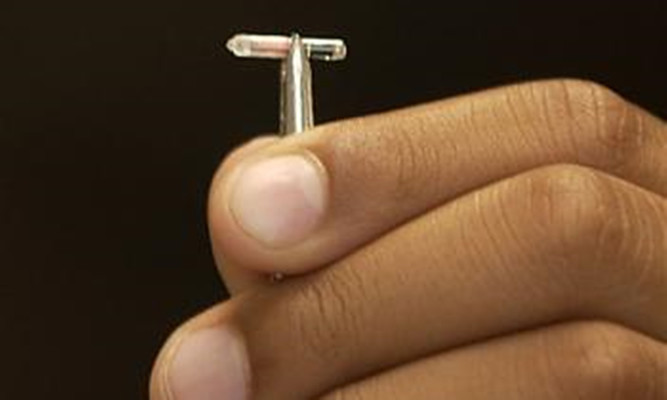An Angus canine charity has told the Scottish Government that it is against having all dogs microchipped.
Angus Dog Rescue was responding to a consultation on the possible introduction of compulsory microchipping for dogs in Scotland, along with other measures to encourage responsible ownership.
The charity said microchipping will not stop dog attacks, nor will it help tackle the issue of puppy farming and unlicensed breeders.
A spokesman said: “We don’t think microchipping is a bad idea and, in an ideal world, it would be great but we must again state that microchipping will not change human or animal behaviour.
“The changes we feel very strongly about is back door breeding. Mixed breed dogs are often bigger and more aggressive and people just cannot handle these dogs.
“Again, this is not the dog’s fault but if the breeding is better controlled, this in itself would remove or curb a lot of these problems.”
The charity also suggested that breeding dogs in council property should be banned.
“Members of the public are taking on dogs that they are unable to handle or control,” the spokesman added.
“The wrong breed in the wrong hands can be a deadly combination. You wouldn’t give a learner driver access to a Porsche or a Ferrari so why are people still allowed to have access to dog breeds they know nothing about?”
Carnoustie Canine Capers said all dogs should be microchipped for traceability purposes to reunite a family with a missing pet.
But that organisation also said it did not think that compulsory microchipping for dogs would help to prevent attacks.
A spokesperson told the consultation: “Education and training of the owners are what will help to prevent dog attacks on other people and all other dogs.
“This is much more likely to affect a change in society. Learning more about canine behaviour and learning pre-emptive signs to aggression are more likely to reduce attacks.
“Microchipping has no effect on a dog’s behaviour, temperament, training and socialisation or fear of, or aggression towards, other dogs.”
The organisation said it did not think a system of dog licensing would encourage responsible ownership and make communities safer.
“Education is the key to managing effective change,” the spokesperson added.
“It starts, too, with the breeders.”
